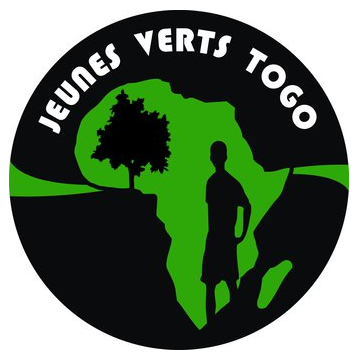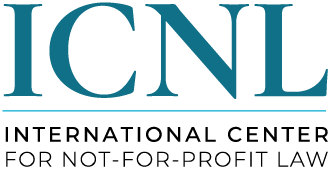The U.S. Department of State, Bureau of Democracy, Human Rights, and Labor (DRL) announces an open competition for organizations interested in submitting applications for projects that integrate child protection and child empowerment into
efforts that address conflict prevention, conflict, and post-conflict situations, focusing on promoting knowledge and recognition of grave violations of human rights against children.
Grave violations, as defined by the United Nations, are killing and maiming of children; recruitment or use of children as soldiers; sexual violence against children; abduction of children; attacks against schools or hospitals; and denial of humanitarian access for children. Preventing and punishing grave violations committed against children remains key to U.S. government equities and interests.
The goal of the program is that children affected by armed conflict in Nigeria and/or Ethiopia are better protected from grave human rights violations and abuses and that perpetrators are held accountable for the most serious violations of children’s rights, specifically the recruitment or use of children as soldiers and sexual violence against children.
Objectives
Program objectives may include:
Local civil society is able to advocate for the protection of children affected by armed conflict at the domestic, regional and international level.
Grave violations of human rights against children are understood and acknowledged at the community, government and international level.
Childrens’ rights and needs are prioritized in peace and transition processes, including through the integration of child protection provisions and consultation with civil society organizations focused on child rights. Where possible, youth activists are engaged or substantively consulted in peace and transition processes.
Measures for accountability of those who commit violations against children during armed conflict are promoted and/or enacted.
Children impacted by armed conflict, including children born as a result of conflict-related sexual violence, receive support for recovery and reintegration.
Children recruited or used as soldiers are treated as victims rather than perpetrators, and more broadly children who have been used in conflict are not stigmatized by governments, communities, and families.
Funding Information
Funding Floor (lowest $$ value): $1,000,000
Funding Ceiling (highest $$ value): $1,000,000
Period of Performance: 18-48 months.
Activities
Activities that are not typically allowed include, but are not limited to:
The provision of humanitarian assistance;
English language instruction;
Development of high-tech computer or communications software and/or hardware;
Purely academic exchanges or fellowships;
External exchanges or fellowships lasting longer than six months;
Off-shore activities that are not clearly linked to in-country initiatives and impact or are not necessary per security concerns;
Theoretical explorations of human rights or democracy issues, including projects aimed primarily at research and evaluation that do not incorporate training or capacity-building for local civil society;
Micro-loans or similar small business development initiatives;
Initiatives directed towards a diaspora community rather than current residents of targeted countries.
Outcomes
Program outcomes may include:
Increased knowledge and recognition of grave violations of human rights against children that increases pressure on the government to improve protection efforts.
Increased ability of advocates to draw attention to violations against children during armed conflict and advocate for redress.
Reduced incidences of grave violations of human rights against children.
Improved protection and recovery for children impacted by armed conflict.
Eligibility Criteria
DRL welcomes applications from U.S.-based and foreign-based non-profit organizations/nongovernmental organizations (NGO) and public international organizations; private, public, or state institutions of higher education; and for-profit organizations or businesses. DRL’s preference is to work with non-profit entities; however, there may be some occasions when a for-profit entity is best suited.
Applications submitted by for-profit entities may be subject to additional review following the panel selection process. Additionally, the Department of State prohibits profit to for-profit or commercial organizations under its assistance awards. Profit is defined as any amount in excess of allowable direct and indirect costs. The allowability of costs incurred by commercial organizations is determined in accordance with the provisions of the Federal Acquisition Regulation (FAR) at 48 CFR 30, Cost Accounting Standards Administration, and 48 CFR 31 Contract Cost Principles and Procedures.



